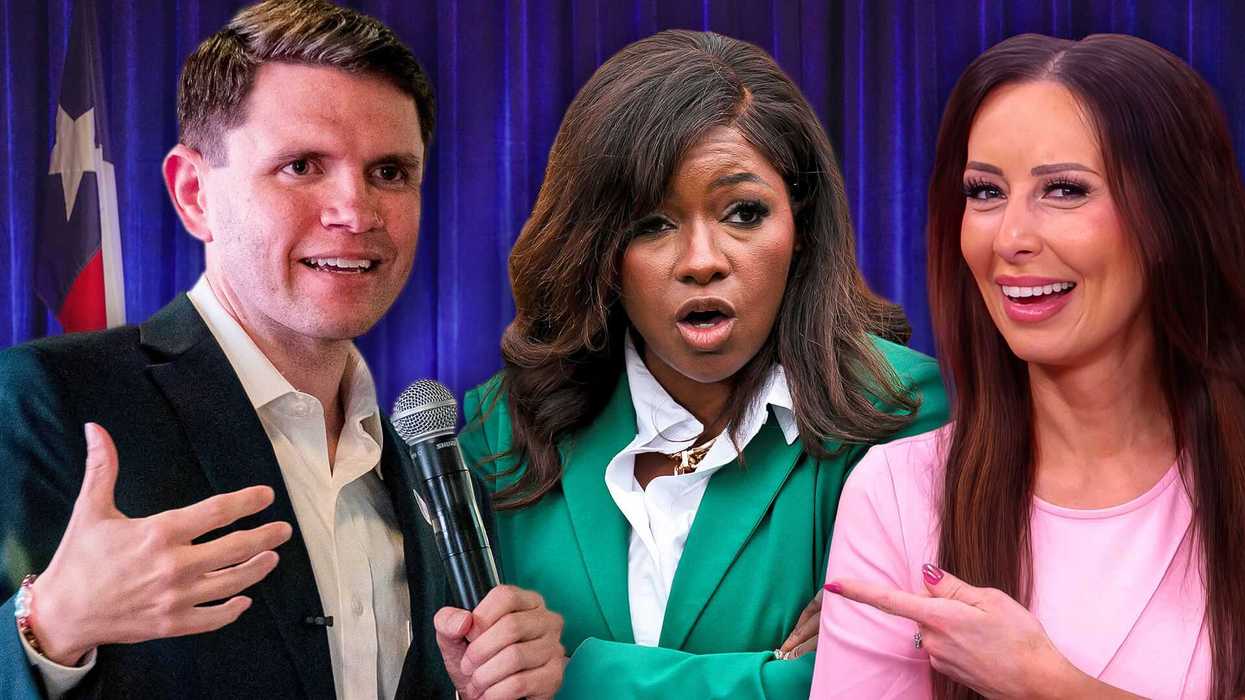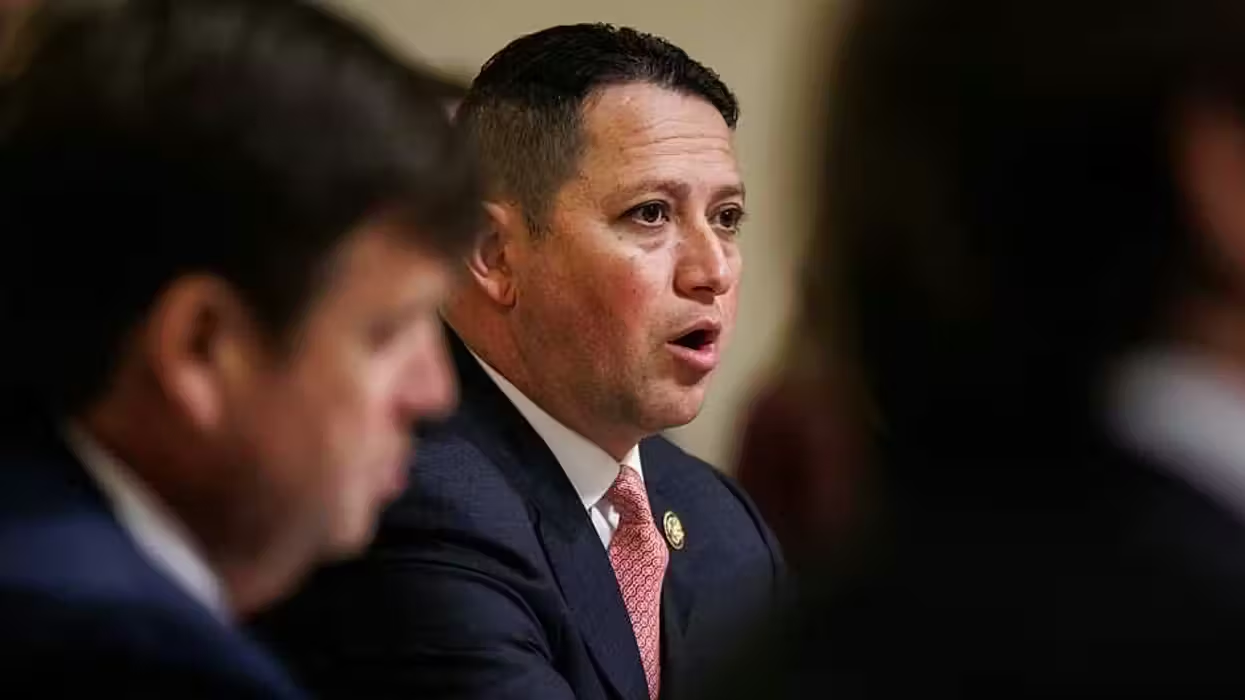
© 2026 Blaze Media LLC. All rights reserved.
Pew: 20% of Americans Are Now Atheist, Agnostic or Unaffiliated With a Religion
October 09, 2012
"A third of adults under 30 have no religious affiliation (32%), compared with just one-in-ten among those who are 65 and older (9%)."
Back in July, some readers might have been surprised when TheBlaze reported that one in five Americans now consider themselves atheists, agnostics or "nones." While some may have dismissed the figure then or questioned its accuracy, a new analysis from the Pew Research Center’s Forum on Religion & Public Life confirms a growth in secular world-views -- and a decline in religious adherence -- among U.S. adults.
This morning, Pew announced its new findings that show a rapid increase in individuals who claim they are unaffiliated with a faith or religious structure. While approximately 20 percent of the nation's adults fall into this category (19.6 percent, to be exact), the new proportions also show a startling result among America's young people: One-third of those individuals under the age of 30 are unaffiliated.

This latter number is a record for Pew, finding that young people are the most irreligious they've been in the firm's polling history. It's important to note, though, that unaffiliated doesn't necessarily mean "atheist." Currently, about six percent of the U.S. public calls itself atheist or agnostic. An additional 14 percent simply claims to have no religious affiliation.
Of course, it is this latter group -- the unaffiliated or "nones" -- that non-believers and believers, alike, are concerned with. For the faithful, it is disheartening to see so many individuals, particularly the young, disassociate themselves from faith. Contrarily, some non-believers likely see this disconnect with organized religion as beneficial to society and to atheism as a whole.

The unaffiliated are less trusting of churches and religious organizations than the general public overall. In particular, they claim that these groups are "too concerned with money and power, too focused on rules, and too involved in politics." That being said, a majority believe that faith and religion can be a positive force in society and that religious organizations bring people together and help strengthen community bonds.
Pew has more about the attributes associated with "nones":
This large and growing group of Americans is less religious than the public at large on many conventional measures, including frequency of attendance at religious services and the degree of importance they attach to religion in their lives. However, many of the country’s 46 million unaffiliated adults [33 percent of Americans are simply unaffiliated and 13 percent are atheist/agnostic] are religious or spiritual in some way. Two-thirds of them say they believe in God (68%). More than half say they often feel a deep connection with nature and the earth (58%), more than a third classify themselves as “spiritual” but not “religious” (37%), and one-in-five say they pray every day (21%).The growth in the number of religiously unaffiliated Americans – sometimes called the rise of the “nones” – is largely driven by generational replacement, the gradual supplanting of older generations by newer ones. A third of adults under 30 have no religious affiliation (32%), compared with just one-in-ten among those who are 65 and older (9%). And young adults today are much more likely to be unaffiliated than previous generations were at a similar stage in their lives.

While there has been a rise in "nones," there's also an important change among Protestants to note. In yet another first in Pew polling, Protestants now account for less than half of the U.S. population (48 percent); in 2007, this proportion was 53 percent. The overall Christian umbrella has declined as well from 78 percent in 2007 to 73 percent in 2012 (see table above).
You can read the entire study from the Pew Research Center's Forum on Religion and Public Life.
Want to leave a tip?
We answer to you. Help keep our content free of advertisers and big tech censorship by leaving a tip today.
Want to join the conversation?
Already a subscriber?
Billy Hallowell is a digital TV host and interviewer for Faithwire and CBN News and the co-host of CBN’s "Quick Start Podcast."
Billy Hallowell
Billy Hallowell is a digital TV host and interviewer for Faithwire and CBN News and the co-host of CBN’s "Quick Start Podcast."
more stories
Sign up for the Blaze newsletter
By signing up, you agree to our Privacy Policy and Terms of Use, and agree to receive content that may sometimes include advertisements. You may opt out at any time.
Related Content
© 2026 Blaze Media LLC. All rights reserved.
Get the stories that matter most delivered directly to your inbox.
By signing up, you agree to our Privacy Policy and Terms of Use, and agree to receive content that may sometimes include advertisements. You may opt out at any time.






